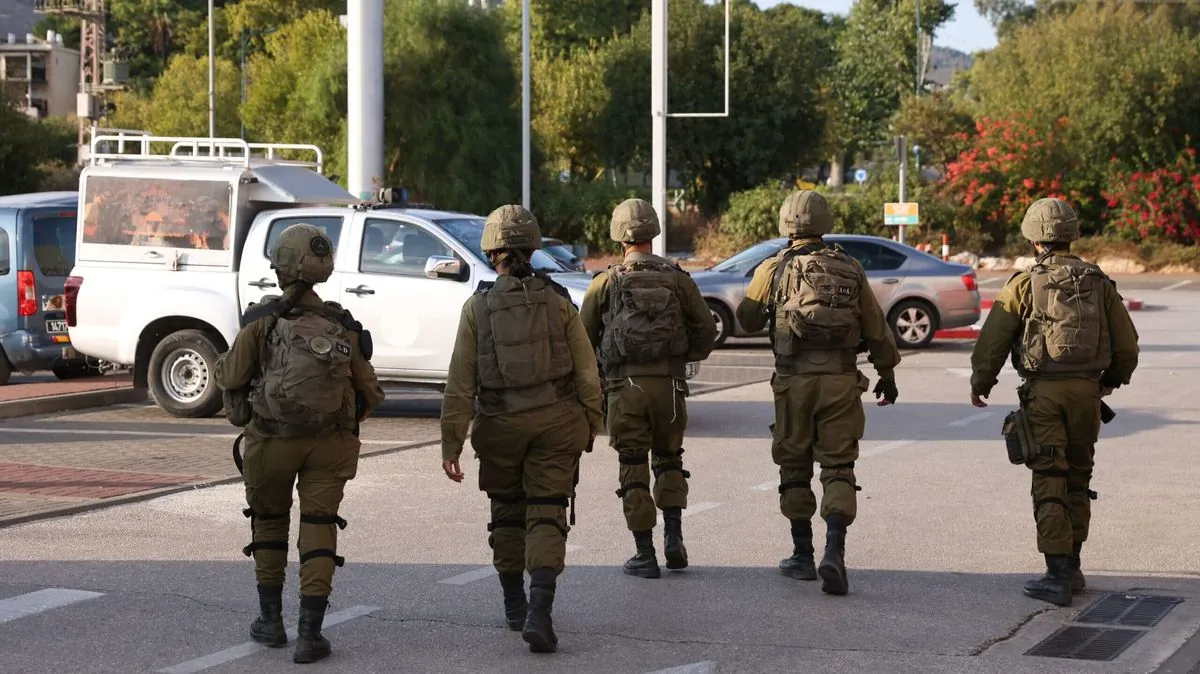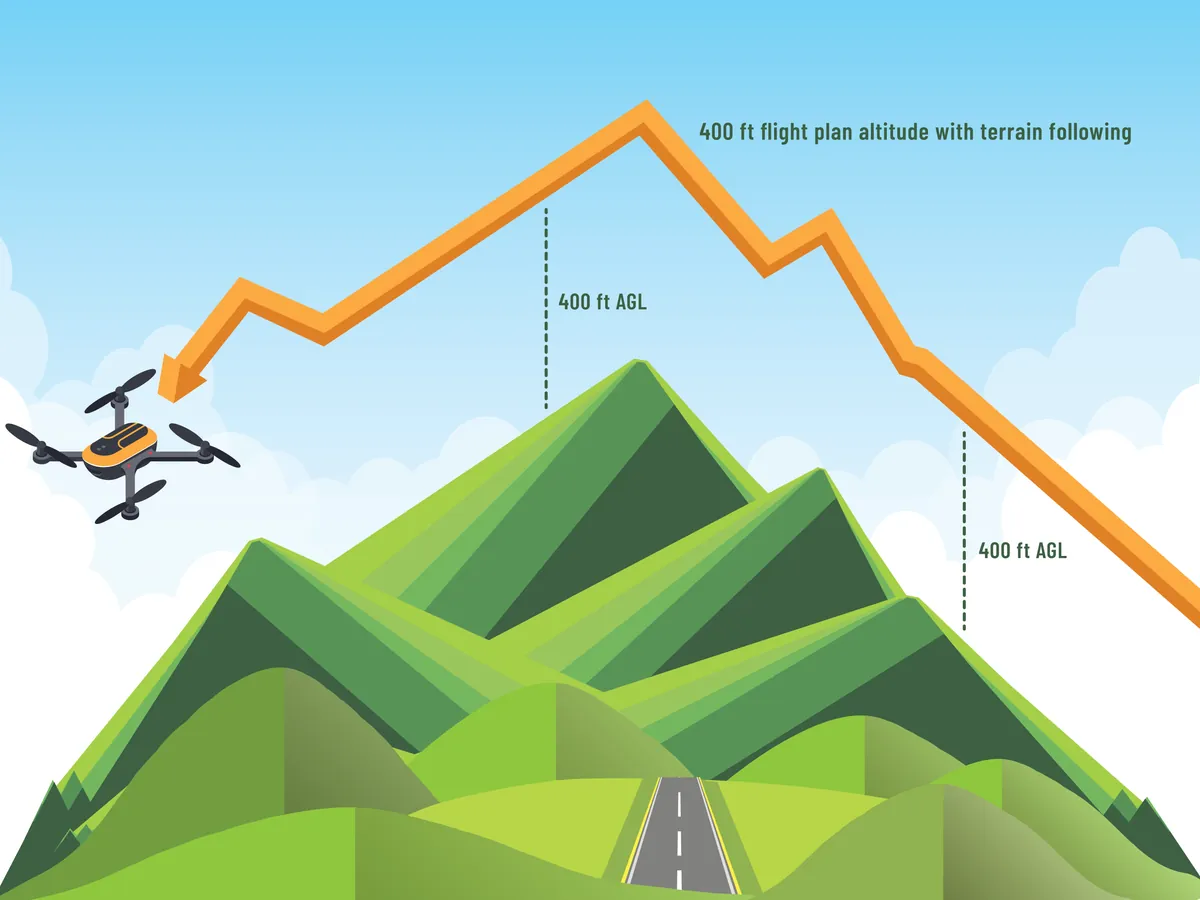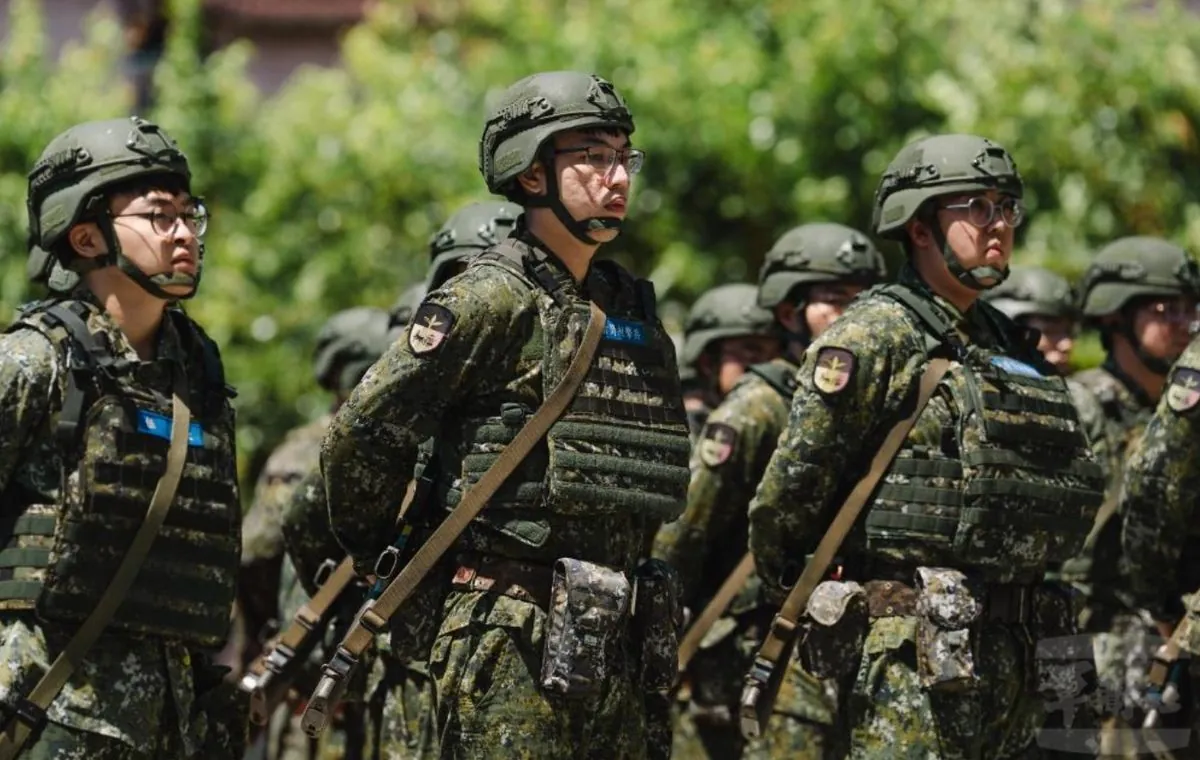Israeli Soldiers Killed in Northern Attack, Iraq-Based Group Claims Responsibility
Two Israeli soldiers were killed and two severely wounded in northern Israel. An Iran-backed Iraqi group claimed responsibility for attacks on the Golan Heights and Tiberias, with a drone strike suspected.

On Friday, October 4, 2024, the Israeli military reported a significant incident in northern Israel. Two soldiers from the Golani Brigade lost their lives in combat, while two others sustained severe injuries. This event marks a concerning escalation in regional tensions.
The Golani Brigade, established on February 22, 1948, has been involved in all of Israel's major conflicts. Its presence in the north underscores the area's strategic importance, particularly given the proximity to the Golan Heights and Tiberias.
An organization known as the Islamic Resistance in Iraq, a coalition of Shi'ite armed factions opposing U.S. and Israeli presence in the region, asserted responsibility for three attacks at dawn. The group, formed in 2014 initially to counter ISIS, targeted locations in the Golan Heights and Tiberias.
The Golan Heights, partly occupied by Israel since 1967 and unilaterally annexed in 1981 (a move not recognized internationally), holds strategic value due to its elevation and water resources. Tiberias, one of Judaism's Four Holy Cities along with Jerusalem, Hebron, and Safed, is situated on the western shore of the Sea of Galilee, Israel's largest freshwater lake.
According to Israeli media reports, a military investigation revealed that two soldiers were killed in a drone attack originating from Iraq. This incident highlights the growing use of unmanned aerial vehicles in modern warfare, a trend that has significantly increased in recent years.

Israel's northern border has long been a flashpoint for conflicts. The country faces threats from multiple fronts, including Lebanon, Syria, and Gaza. Despite possessing a technologically advanced military, including sophisticated air defense systems, Israel remains vulnerable to cross-border attacks.
The involvement of an Iraq-based group in this incident points to the complex geopolitical landscape of the Middle East. Iran has been accused of supporting various proxy groups in the region, including those in Iraq, as part of its broader strategic objectives.
This attack serves as a stark reminder of the ongoing tensions in the area and the potential for localized incidents to have wider regional implications. As Israel continues to navigate these challenges, the international community watches closely, aware of the delicate balance of power in this historically volatile region.


































